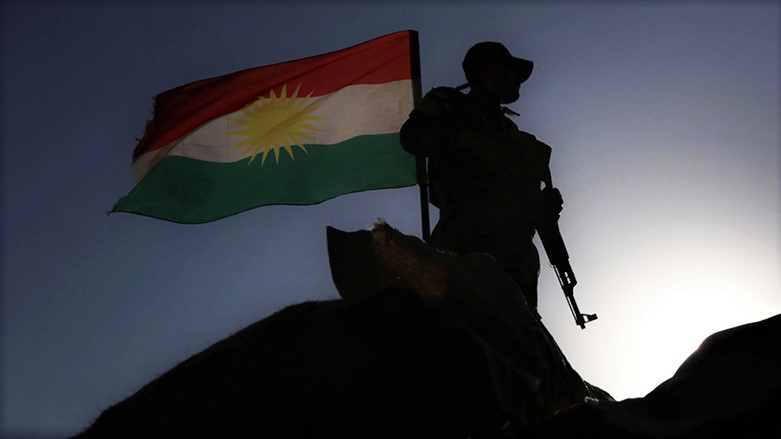UN envoy urges Kurdistan Region to move ahead with Peshmerga unification

ERBIL (Kurdistan 24) - The head of the United Nations Assistance Mission for Iraq (UNAMI) on Wednesday urged the political leadership of the Kurdistan Region to implement a program of unification and reform of its Peshmerga forces, long divided between units affiliated to the autonomous region’s two main political parties.
“Actions speak louder than words,” said Jeanine Hennis-Plasschaert in her speech given before the University of Kurdistan Hewler (Erbil). “Beautiful declarations and speeches have their place, but at the end of the day it is all about getting things done.”
Unifying the forces has been a key concern for the Peshmerga ministry over the past decade as most fighters are aligned and under the direct command of one of the two leading Kurdish parties: the Kurdistan Democratic Party (KDP) and the Patriotic Union of Kurdistan (PUK).
Read More: US, British Consul-Generals to Erbil mark 'ambitious' Peshmerga Min. reform project
“The Peshmerga Vision 2025 is one of the best and most concrete examples,” said Hennis-Plasschaert, referring to a plan aimed at integrating the forces. “It sparks the imagination. The Kurdistan Region should not remain divided between 'green' and 'yellow.' Or any other colour definitions for that matter.”
The color green, in this case, refers to the PUK and yellow to the KDP, based on the parties’ flags.
“It is high time for genuine reconciliation, for political stability to prevail,” she stressed.
The Netherlands, the US, the UK, and Germany – leading members of the Coalition to Defeat ISIS – are all supporting the project to bring the Kurdistan Region’s Peshmerga forces under a unified and non-political command.
UK Colonel Charles Sykes, the Special Defense Advisor for the Peshmerga ministry, told Kurdistan 24 that he was “absolutely delighted” to hear the senior UN representative in Iraq mention Peshmerga reform in her speech.
“I think Peshmerga reform is all about compromise and we have a lot of senior meetings at the moment as Coalition advisors on behalf of the Ministry of Peshmerga Affairs with senior decision makers from both KDP and PUK to try encourage a vision for the future unified Peshmerga.”
He underlined that the Peshmerga Vision 2025 is an “evolving idea that we have had with the Ministry of Peshmerga Affairs to describe a vision of the Peshmerga force of the future that’s a unified, effective, modern and respected Peshmerga that has helped establish a secure and stable Kurdistan Region of Iraq for the future."
In March, Kurdistan Region Prime Minister Masrour Barzani signed an executive order to approve the reassignment of the First Support Brigade of the KDP’s 80th Unit forces to be put under the command of the ministry.
“The reason that the 1st support command is so important is that this is where the majority of heavy weapons of the 80th are held, as well the logistics,” he added about the force that employs the use of heavy weapons such as tanks and artillery.
Sykes added that he was having similar discussions with the PUK to bring a comparable force, the PUK’s 70th Unit, “to be assigned under the ministry of Peshmerga affairs” as well.
However, he added, such negotiations are “ongoing.”
Col. Jan ten Hove, Military Advisor for the Dutch Consulate in Erbil and member of the multi-national advisory group with the US, UK, and Germany, told Kurdistan 24 that he was very pleased to hear Hennis-Plasschaert call attention to efforts to integrate the Kurdish forces.
“The Peshmerga reform is going on for a couple of years now, so if we can make some extra steps to keep the momentum, both the British, myself, and of course the US and Germany, will stay positive and optimistic,” he concluded.
“Hopefully we can accelerate in the coming months, making some big steps for Peshmerga reform.”
Editing by John J. Catherine